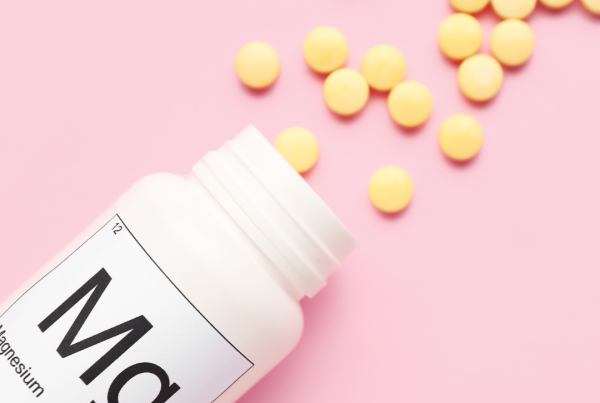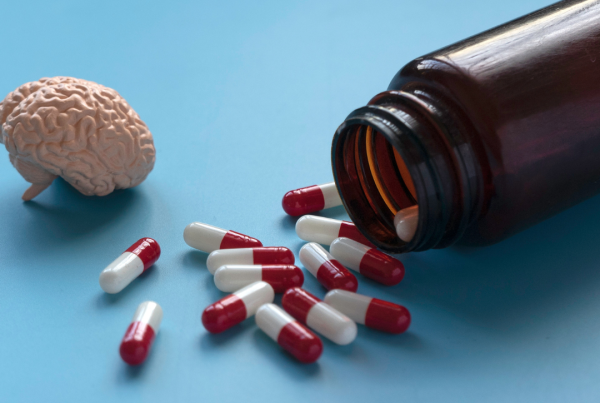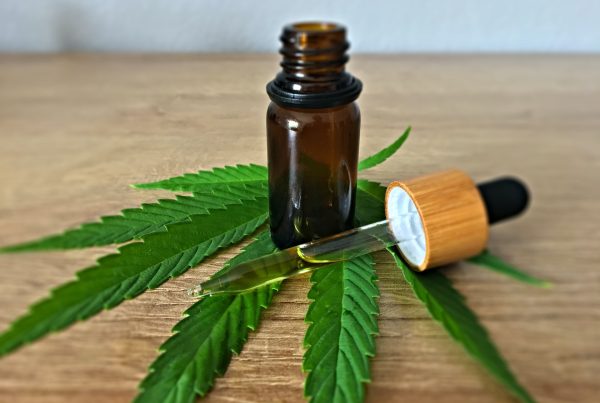Having a child suffering with ADHD (Attention Deficit Hyperactivity Disorder) can be devastating for the patient, families as well as peers. School has started for many and I’m already seeing parents who want their child put back on their ADHD medication or parents requesting me to start new medication.
ADHD is the most common behavioral disorder diagnosed in America and it continues to rise. According to the CDC more than 8% of US children are diagnosed with ADHD. Sometimes, even inaccurately diagnosed as I’ve seen in primary practice. ADHD can not be diagnosed in children younger than 4, and it less common in children older than 12. Some of children’s symptoms could be due to Insulin Dependent Diabetes, food allergies, celiac to name a few. You want to rule out any nutritional deficiencies like b12, iron, folate, Cu,Mg, and Zn. Many patients’ thyroid level is not checked, so it’s a good idea to check their thyroid function as well as thyroid antibodies. Please discuss all of these things with your child’s primary care provider before starting any conventional or non-conventional treatment.
Nutrition is the Key:
Again, I always like to start by healing the gut first by removing preservatives, additives, food coloring, artificial sweeteners, and high fructose corn syrup. The other things I like to limit is GMO (genetically modified organism) foods like corn, soy, as well as dairy and gluten. It’s trial and error for the later but it’s a good place to start. You want to eliminate all sugars as well and ensure your child is eating a healthy a diet rich in healthy omega 3 like salmon and walnuts. Getting essentially fatty acids though the diet is a crucial part of patients with ADHD (1). I understand it is hard to limit gluten, dairy and sugar for some kids but eliminating it completely really improves the behavior in children.
Toxins:
Ask yourself, what toxins are my child exposed to? In the Journal of Environemental health published February 2015, there was an association with fluoride in water and an increase risk of ADHD (2). Remember, kids are also getting extra fluoride treatments twice a year when they get their routine dental check ups! Are they exposed to mercury or lead which could be masking their symptoms or making their symptoms worse. It’s important for all children to receive the appropriate vaccines, however some children can’t tolerate more than 1 at a time before the age of 24 months. Talk to your doctor about modifying your child’s vaccine schedule, and consider vaccines without thimersol.
Essential Oils:
You can try Essential oils topically like peppermint, vetiver, and cedarwood oil to help with focus and concentration. These are calming, and together appropriately stimulate and help with ADHD. You can also try chamomile and lavender for a soothing calming affect as well as patchuli which calms the nervous system.
MindBody:
Let’s be realistic, children are unlikely to try meditation. Instead, you can have a child do some fun activities like yoga for children which will help them get their energy out. Many recent studies show yoga is beneficial for kids with ADHD improving their overall academic performance, improving their attention span as well as improve over all behavior and focus in boys (3-5).
Supplements:
Phospatidylserine (PS)- PS is a safe natural nutritional supplement that improves performance in children with ADHD (6). Dosing depends on the child’s weight. There are also combinations PS with some of the other supplements below on the market.
probiotics -LPS phenonomenon . If you haven’t heard it already, gut bacteria is an important link for our gut-brain connection. The Pediatric Research publish in 2015 that probiotics early in life reduces the risk neuropsychiatric conditions. (7). It has also been studied that children with ADHD are more likely to be constipated thus causing more GI issues (8). Ensuring a good healthy bowel regiment and a daily probiotic will help improve these constipation symptoms.
Omega 3- Low levels of fatty acid are seen in patients with ADHD; therefore, supplementing with an omega 3 fatty acid is a good idea in these patients (1). A study with adolescent children showed that inattention improved and ADHD symptoms reduced taking an omega 3/6 supplement for 6 months (9).
Other supplements I like to incorporate depend on what your child is deficient in like Ferritin, Zinc, Vitamin D, and Magnesium.
Ayurvedic Approach:
There are also ayurvedic and herbal supplements that work for children. Ashwagandha is usually the one I recommend for ADHD. A 2010 study showed that medicine plus shirodhara was more effective than just medication alone. Shirodhra is the pouring of warm oil or milk on the child’s forehead for about 45 minutes. It’s very relaxing for the nervous system and has been shown to reduce impulsivity and hyperactivity (9).
Kids need free time, and they need to expend their energy as well. They need discipline and behavior, but they also need time to just be normal kids without any worries, so let them enjoy their down time.
You can find more information about ADHD at http://www.chadd.org/.
References:
1. Millichap, Gordon J., and Michelle M. Yee. “Attention-Deficit/Hyperactivity Disorder.” American Academy of Pediatrics 10.1542 (2011): 2011-199.
2. Malin, Ashley J., and Christine Till. “Exposure to Fluoridated Water and Attention Deficit Hyperactivity Disorder Prevalence among Children and Adolescents in the United States: An Ecological Association.”Environmental Health 14.17 (n.d.): n. pag. Environmental Health. 27 Feb. 2015. Web. 04 Aug. 2015.
3. Mehta, Sagar, Devesh Shah, Kushal Shah, Sanjiv Mehta, Neelam Mehta, Vivek Mehta, Vijay Mehta, Vaishali Mehta, Smita Motiwala, Naina Mehta, and Devendra Mehta. “Peer-Mediated Multimodal Intervention Program for the Treatment of Children with ADHD in India: One-Year Followup.” ISRN Pediatrics. International Scholarly Research Network, n.d. Web. 04 Aug. 2015.
4. Haffner, J., J. Roos, N. Goldstein, P. Parzer, and F. Resch. “The Effectiveness of Body-oriented Methods of Therapy in the Treatment of Attention-deficit Hyperactivity Disorder (ADHD): Results of a Controlled Pilot Study.” National Center for Biotechnology Information. U.S. National Library of Medicine, n.d. Web. 04 Aug. 2015
5. Jensen, P., and D. Kenny. “The Effects of Yoga on the Attention and Behavior of Boys with Attention-Deficit/ Hyperactivity Disorder (ADHD).” Journal of Attention Disorder 7 May 2004: 205-16.
6. Si, Terasawa K, Rabeler R, Hirayama T, Inoue T, Tatsumi Y, Purpura M, Jager R. The effect of Phspphatidylserine administrations on memory and symptoms of ADHD:a randomized, double-blind, placebo-controlled clinical trail. J Jum Nutr Diet.2014 Apr;27 suppl 2:284-91.
7.Pärtty, A., and Et Al. “A Possible Link between Early Probiotic Intervention and the Risk of Neuropsychiatric Disorders Later in Childhood: A Randomized Trial.” PEDIATRIC RESEARCH 77 (2015): 823-28.
8.McKeown, C., MD, and Et Al. “Association of Constipation and Fecal Incontinence With Attention-Deficit/Hyperactivity Disorder.” Pediatrics132.5 (2013): n. pag. Nov. 2013
9. Johnson,M MD et al. Omega-3/Omega-6 Fatty Acids for Attention Deficit Hyperactivity Disorder: A Randomized Placebo-Controlled Trial in Children and Adolescents. Journal of Attention Disorders April 30, 2008
10.Singhal HK et al. Ayurvedic Approach for improving Reaction time for Attention Deficit Hyperactivity Disorder Affected Children. AYU 31 (3) 338-42





